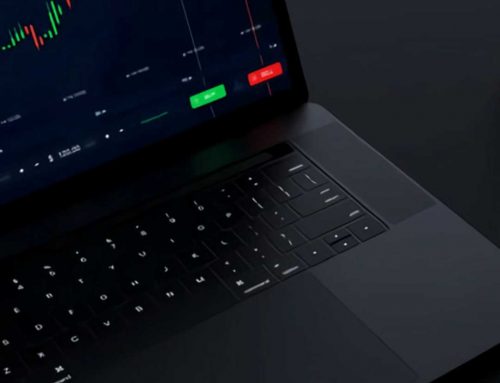What Are Swaps?
The Short Explanation:
A swap is a type of a derivative contract between two parties to exchange financial instruments, such as: Interest rates, currencies, cashsflows, derivatives or securities. The instrument used in a Swap can be almost anything, but most swaps involve cash based on a notional principal amount.
Much like Forwards, Swaps are traded only Over-The-Counter (OTC) and retail traders do not typically engage in Swaps.
In financial markets, a swap is a derivatives contract that involves exchanging the cash flows or obligations of two parties based on a pre-agreed set of terms. Swaps are typically used to hedge against or speculate on changes in the value of an underlying asset or to manage risk.
There are several types of swaps, including:
- Interest rate swaps: These swaps involve exchanging the cash flows of fixed and floating interest rate payments. For example, one party may agree to pay a fixed rate of interest in exchange for receiving a floating rate of interest from the other party.
- Currency swaps: These swaps involve exchanging the cash flows of two parties in different currencies. For example, one party may agree to pay a fixed rate of interest in one currency in exchange for receiving a fixed rate of interest in another currency from the other party.
- Commodity swaps: These swaps involve exchanging the cash flows of two parties based on the price of a commodity, such as oil or gold.
- Credit default swaps: These swaps involve exchanging the cash flows of two parties in the event that a third party defaults on a debt obligation.
Swaps are typically traded over-the-counter (OTC) rather than on a centralized exchange. This means that they are not subject to the same level of transparency and regulatory oversight as exchange-traded derivatives. As a result, swaps can be riskier than exchange-traded derivatives, and investors should be aware of the potential for counterparty risk and other risks associated with OTC swaps.




